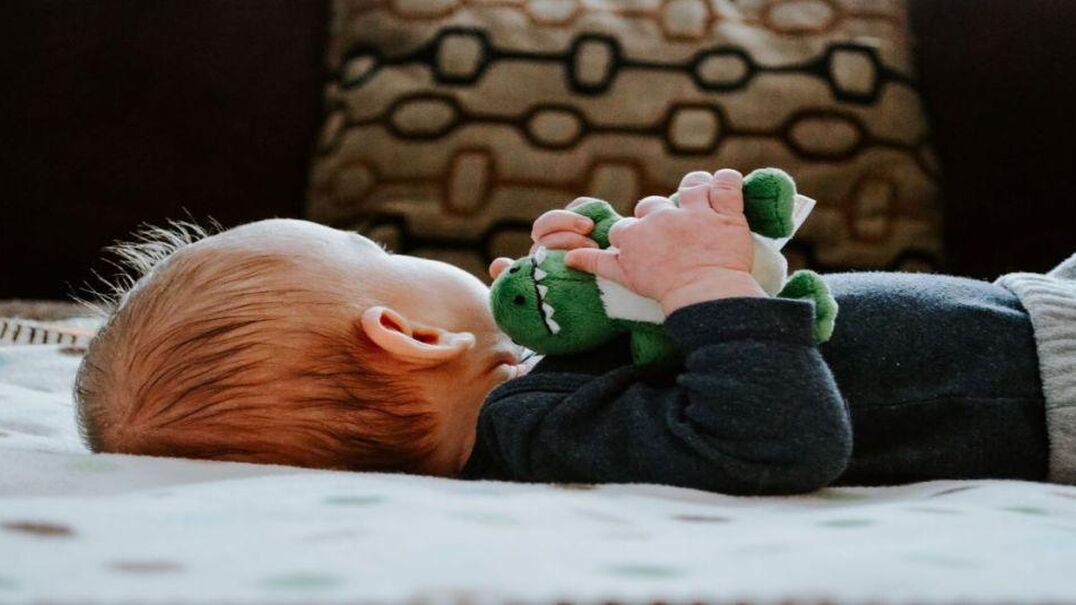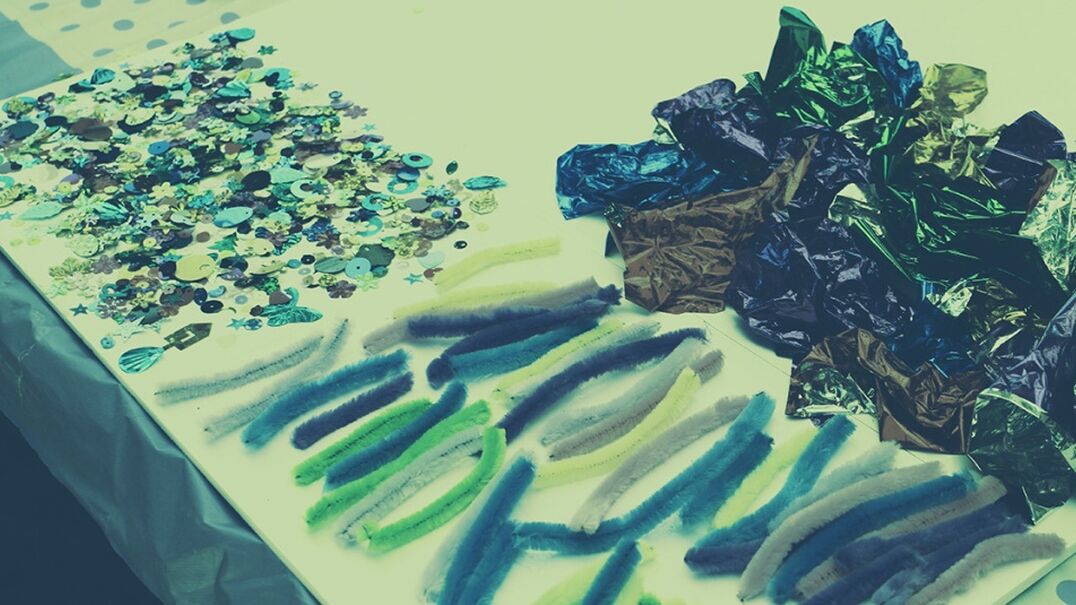Amar*, 10, came to Restoring Childhood, a trauma-informed service designed to intervene early to address the traumatic impacts of family violence on children and young people, with his mother Gurpreet*.
They had experienced physical, verbal and emotional violence from Amar’s father, Kai*. Our Restoring Childhood and Family Violence Services provided 6 months of support, carefully considering what interventions would be most effective. Gurpreet and Amar were established in a new home and then, after safety measures were put in place and Kai had completed mandated treatment, he was able to see Amar on weekends.
Therapeutic work with the family focused initially on Amar’s relationship with his Dad, after Amar told the Restoring Childhood clinician, “I love him but I also feel scared of him sometimes thinking what he used to do to Mum.” With the clinician, Amar and Gurpreet talked about what was “safe and caring behaviour” from Dad, and how Amar could tell Gurpreet if he ever thought Dad was being scary or unsafe again. Amar wanted to keep up his weekly visits with Dad but said that they did make him nervous.
The clinician worked with Gurpreet to help her support Amar to prepare for and debrief after visits.
The clinician also gently explored Amar’s feelings of responsibility. In one session, the clinician had a hunch and commented, “lots of children and young people I see think it’s their fault that their Dad gets angry.”
Amar’s eyes went wide, and he said, “that’s what I think.” He also revealed that he worried he might “make Dad angry again”.
Working closely with Gurpreet and Amar, the clinician made plans to call Kai and discuss Amar’s worries, making it clear that it was not Amar’s responsibility to keep them all safe, it was the adults’. Over 3 phone calls with Kai, the clinician shared Amar’s wish to have a positive relationship with his Dad and that Gurpreet supported this, but that Kai must demonstrate he could be safe.
Towards the end of the intervention, Amar’s anxiety around seeing his Dad was easing off, with clinical measures confirming this. His symptoms of depression and post-traumatic stress were decreasing, and his growing sense of safety and stability was having a positive impact on his school attendance, performance and friendships.
In the final session, Amar playfully jumped around the room saying, “this is my shake it off dance!” and, “I’m going to write down on a piece of paper ‘IT IS NOT MY FAULT!’ and then I’m going to send that piece of paper into space, never to be seen again!”.
Read more about Restoring Childhood
*Name has been changed in the interest of privacy. The models and volunteers pictured are not connected to the case study.



